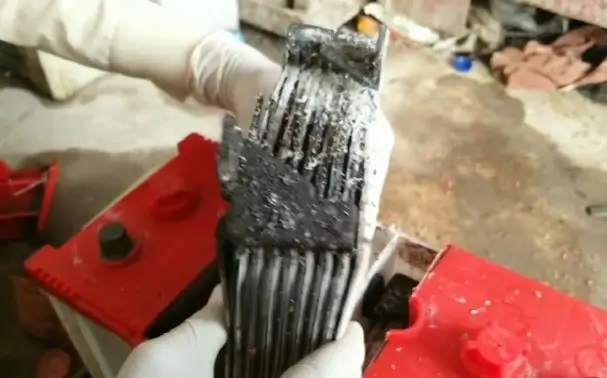When the lead sulfate on a lead-acid battery plate hardens, it leads to a condition known as sulfation. This is a common issue in lead-acid batteries, and it can significantly affect battery performance and lifespan.
Effects of Hardened Lead Sulfate
- Reduced Capacity:
- Hardened lead sulfate crystals are difficult to convert back into active materials during charging. This reduces the amount of active material available for the chemical reactions necessary to generate electricity, leading to decreased battery capacity.
- Increased Internal Resistance:
- The formation of hard lead sulfate crystals increases the battery’s internal resistance. Higher internal resistance results in reduced efficiency, more heat generation, and poorer performance, especially under load.
- Lower Charge Acceptance:
- Batteries with sulfated plates have a reduced ability to accept and hold a charge. This means they may not charge fully, and the charge they do hold can be depleted more quickly during use.
- Voltage Drops:
- Sulfated batteries often exhibit lower terminal voltage both during discharge and after charging. This can affect the performance of devices powered by the battery, potentially leading to operational issues or failures.
- Physical Damage:
- In severe cases, the physical structure of the battery plates can be compromised. The lead sulfate crystals can cause the plates to become brittle and break, leading to potential short circuits or complete battery failure.


